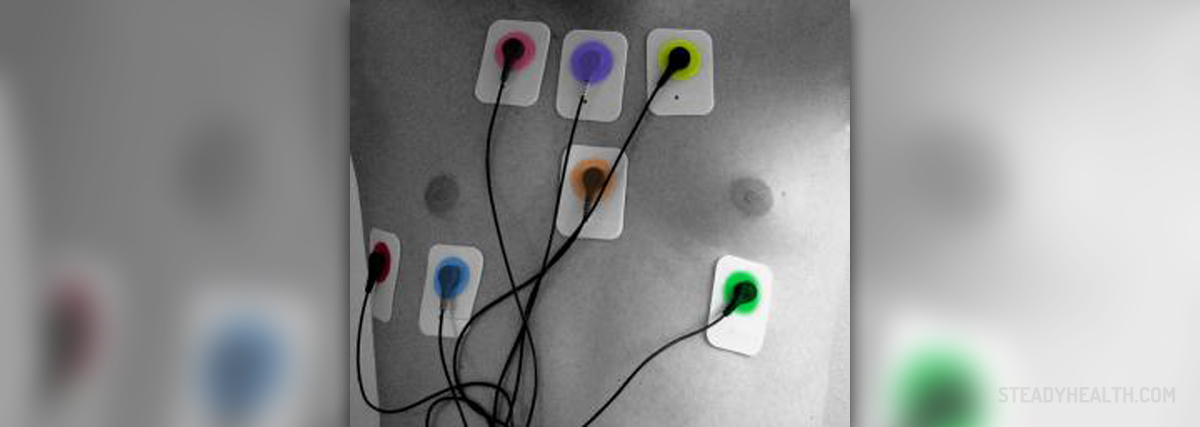
Every problem in the place of origin, rhythm and frequency ofheartbeats can cause arrhythmias. Most arrhythmias are transients and do notcause any harm. They might be provoked by physical activity or some emotions,causing your heart to skip or add a beat. Some other types of arrhythmias maybe a life threat and must be taken very seriously.
Statistics reveal that some 2 millions of Americans livewith the atrial fibrillation and every year about 250.000 of deaths are causedby arrhythmias.
Arrhythmia Types
Arrhythmias are divided into two groups, according to theplace of the origin. If they occurred in upper chambers of the heart (atriums)they are known as supraventricular arrhythmias. Ventricular arrhythmiasappeared in two lower chambers of the heart, called ventricles.
Another way to define arrhythmias is by the speed of theheartbeat, so we can define very slow, uncoordinated fast arrhythmias and alsovery fast arrhythmias. Bradycardia is the heart rate much slower than normal. Whenthe heart is bradycardic, it beats less than 60 times in a minute. Fibrillationis a term that describes fast and uncoordinated heartbeats, and tachycardia isthe definition of the heartbeat faster than 100 beats per minute.
So, we have supraventricular arrhythmias, and it can be an atrialfibrillation. This type of arrhythmia is a serious condition, because the atriabeat 400 to 600 times per minute, and ventricles follow the rapid heartbeat by170 to 200 times in a minute, too. Many heart problems might be the cause ofatrial fibrillation, and the condition is permanent.
Sustained ventricular tachycardia is the most serious typeof all arrhythmias. Ventricles beat 100 times in a minute and the only way tostop them is to apply some electrical conversion or use some drugs. It can alsoprogress further, to ventricular fibrillation, when the heart could completely failto pump the blood.
How to Recognize Arrhythmia
The most common symptoms of arrhythmia are: heartpalpitations, pain in the chest, shortness of breath, light-headedness, tirednessand unconsciousness. There is a difference between the symptoms of bradycardiaand tachycardia. People experiencing bradycardia usually complain about thetiredness, dizziness and shortness of breath. Tachycardia, however, causes: dizziness,fainting, sweating, shortness of breath, weakness, strong pulse in the neck andracing heart in the chest.
What Causes Arrhythmia
Heart diseases are the most common causes of arrhythmia. Thereis also the possibility of the congenital arrhythmias, when people are bornwith this medical problem. Sometimes, it could be the overuse of caffeine oralcohol, excessive smoking or the stress, what’s causing arrhythmias. Hypertension,diabetes and atherosclerosis, as well as some OTC cold and cough drugs mightalso cause arrhythmias.
How to Treat Arrhythmia
In some cases the treatment is not necessary, and doctors recommendlimitation of alcohol, caffeine, nicotine and other stimulants. Also, somerelaxation techniques to decrease the stress are more than welcomed.
When arrhythmias need to be treated, doctors might prescribemedications, or recommend cardioversion, artificial pacemaker or automaticimplantable defibrillator.




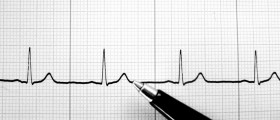


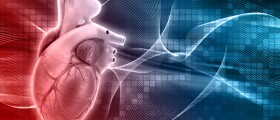
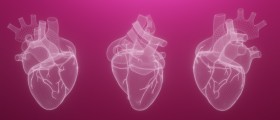

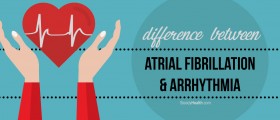
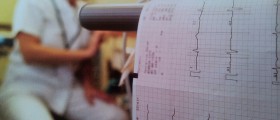
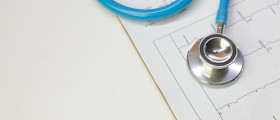
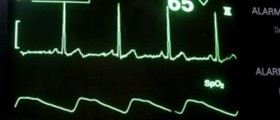


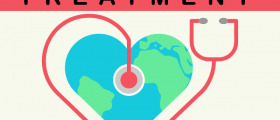
Your thoughts on this
Loading...